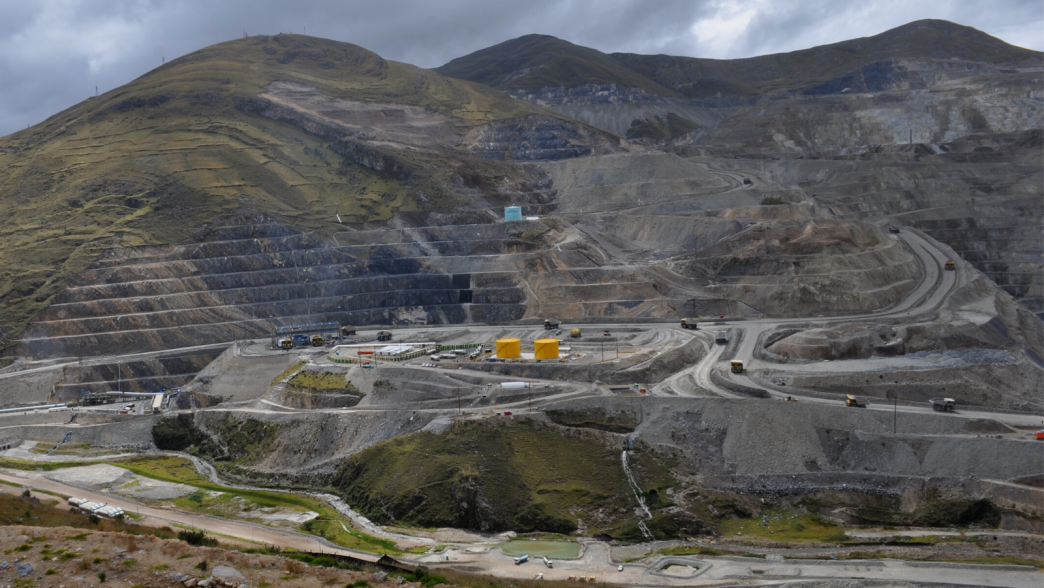
2021 Resource Governance Index: Peru (Mining)
This briefing presents the results and recommendations from the 2021 Resource Governance Index for Peru's mining sector.
Peru’s mining sector scored 75 out of 100 points in the 2021 Resource Governance Index (RGI), improving its performance by 13 points since the 2017 RGI. This increase was driven by improved governance of all three of the components, with both value realization and revenue management moving into the “good” performance band in the 2021 RGI. The revenue management component witnessed the largest improvements, with a 21- point increase driven by the improved quality of the Ministry of Energy and Mines (MINEM) online information portal, which publicly discloses reserves, production and exports in the Peruvian mining sector.
Nonetheless, key areas for improvement remain. The sector lacks laws governing the pre-licensing process, with no obligations requiring the licensing authority to set minimum pre-defined participation criteria. Additionally, issues remain regarding compliance with social and environmental obligations, especially on the rehabilitation and closure of extractive projects.
Key messages:
- Peru’s mining sector governance improved due to greater transparency related to the government’s disclosures of information on resource reserves, production and revenues.
- The Peruvian government, and the Ministry of Energy and Mines could improve mining sector transparency by disclosing information on tax and royalty payments, disaggregating disclosures down to the company or project level, and providing information about beneficial owners of mining companies.
- A major challenge to Peru’s resource governance continues to be the lack of laws relating to the resettlement of communities due to mining projects, and the lack of adherence to procedures governing the closure and rehabilitation of extractive operations.
- While the implementation gap between the established legal framework and its enforcement is only 3 points in the 2021 RGI, the 21-point difference between laws and practice in the local impact subcomponent highlights historical challenges.
In a context of political uncertainty given recent Presidential elections and the ongoing impact of the coronavirus pandemic, improving the mining sector’s governance should be a key topic of debate in Peru. In this context, NRGI makes the following recommendations:
- The Peruvian government should approve a legal framework relating to environmental and social protection to regulate the resettlement of populations adversely affected by the mining sector. It should also strengthen the production and publication of information regarding procedures that govern the rehabilitation and closure of mines.
- The Peruvian government and Ministry of Mines should publish updated tax and royalty payments disaggregated by company or project, as well as information on the companies’ beneficial owners. Law must also be passed mandating beneficial ownership disclosures in the extractive sector, to improve transparency and prevent conflicts of interest.
- The Peruvian government should implement pre-requisites in the pre-licensing process and consider adapting the Colombian model of mining rounds in strategic mining areas.
The 2021 RGI assesses how 18 resource-rich countries govern their oil, gas and mineral wealth. The index composite score is made up of three components. Two measure key characteristics of the extractives sector – value realization and revenue management – and a third captures the broader context of governance — the enabling environment. These three overarching dimensions of governance consist of 14 subcomponents, which comprise 51 indicators, which are calculated by aggregating 136 questions. For more information on the index and how it was constructed, review the RGI Method Paper.



